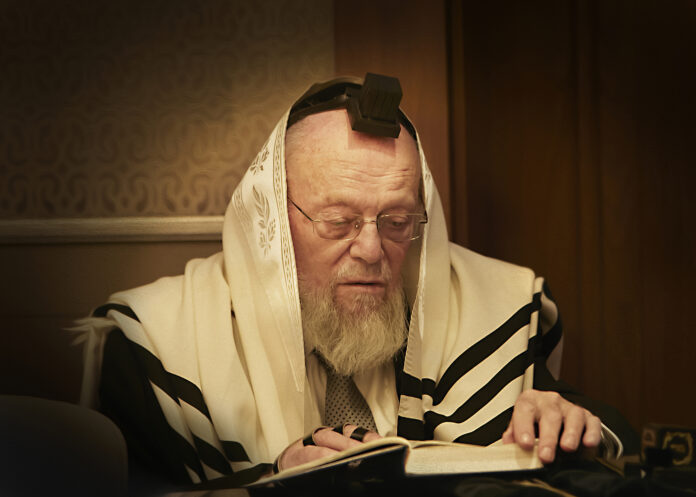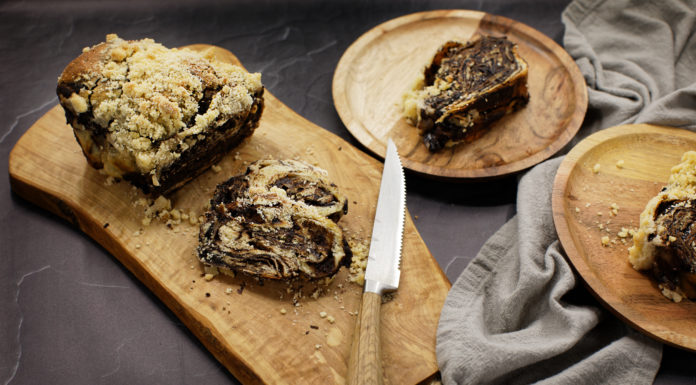European, and especially British, Jewry was thrown into mourning with the recent passing of Dayan Chanoch Ehrentreu. Commonly known simply as “the Dayan,” he served as the rosh of several batei din on the European continent for over 40 years. He was also the rav of the Beis Yisroel shul in Hendon, where he led his congregation with passion and dedication for many years.
His petirah at the age of 89 leaves a vacuum in Anglo Jewry’s leadership. “The Dayan’s place was firmly in the chareidi world, but because of his position, he had to be sensitive to the feelings of the wider Jewish community,” said a member of the Dayan’s kehillah. “Rather than enact sweeping changes that would only be rejected, he improved the standards of shechitah, kashrus and other areas of Yiddishkeit in increments. There is no comparing the community he inherited to the community that he bequeathed to his successors.”
Dayan Ehrentreu was descended from an illustrious family. He was born in Frankfurt am Main in 1932 to his father Rav Yisroel Ehrentreu. After witnessing the horrors of Kristallnacht, the family immigrated to the safer shores of England.
As a bachur, the Dayan learned in the Sunderland yeshivah. He later married the daughter of Asher Sternbuch of London. The Dayan’s illustrious brothers-in-law were Rav Dovid Soloveitchik, zt”l, and yibadeil l’chayim Rav Moshe Sternbuch. After his marriage, he joined the famed Gateshead Kollel for several years, returning afterwards to his alma mater, the Sunderland yeshivah, where he founded the Sunderland Kollel as a separate entity. He was later appointed av beis din of the Manchester Beth Din, where he served for a number of years.
It was in Manchester where the Dayan’s gift for serving non-chareidi Jews came to light. He wasn’t afraid to pasken l’kula when there was a place for it. But he was also careful not to give a heter when he felt that it would be taken out of context, or if a she’as hadchak would turn into a l’chatchilah.
It was because of this balance that in 1984, then Chief Rabbi of the UK Rabbi Immanuel Jakobovits appointed him head of the London Beth Din.
In London, new challenges presented themselves. There are many Jews in England who would like to have an Orthodox rabbi even though they aren’t really observant. Unfortunately, because they have little connection to Torah, their values aren’t always consonant with halachah. The Dayan was once asked if a woman can lead the prayer for the queen in shul because it really isn’t part of our liturgy; he wouldn’t entertain the suggestion. When a certain communal organization wanted all of the different Jewish “denominations” to come together for a discussion, he vehemently refused and forbade any of the beis din’s members to participate, even though he took harsh criticism for his stance. Some felt that there would be no harm, as we don’t recognize their rabbis or their psakim. But to him, this was avak avodah zarah. He also fought against the ordination of female rabbis, as well as nominally Orthodox organizations such as YCT, and he refused to recognize any rabbi who was ordained by them.
The Dayan played a very active role in the Conference of European Rabbis. He was instrumental in the revival of many Jewish communities in Germany and was the director of the Rabbinical Seminary of Berlin. In 2018, he was awarded Germany’s only federal decoration, the Federal Cross of Merit, in recognition of his efforts to rebuild traditional Jewish life in the country.
He was unwavering in his principles, especially when it came to the subject of geirus or joining non-Orthodox rabbis for learning sessions. He believed that any communication with them would confer some sort of legitimization, which was totally unacceptable.
Despite his age, the Dayan was well versed in modern halachic matters, and he was a deciding voice in subjects relating to technological and medical halachic questions.
It is precisely because of Dayan Ehrentreu’s devotion to all of klal Yisrael that his passing will leave a large void in many communities around the world.
— Binny Binet





















